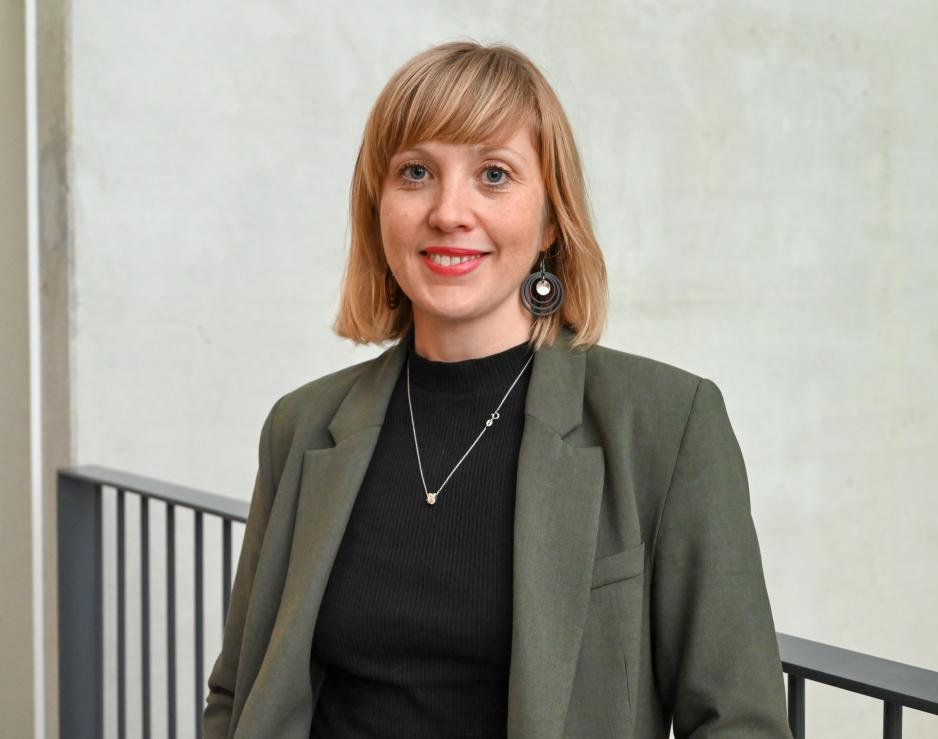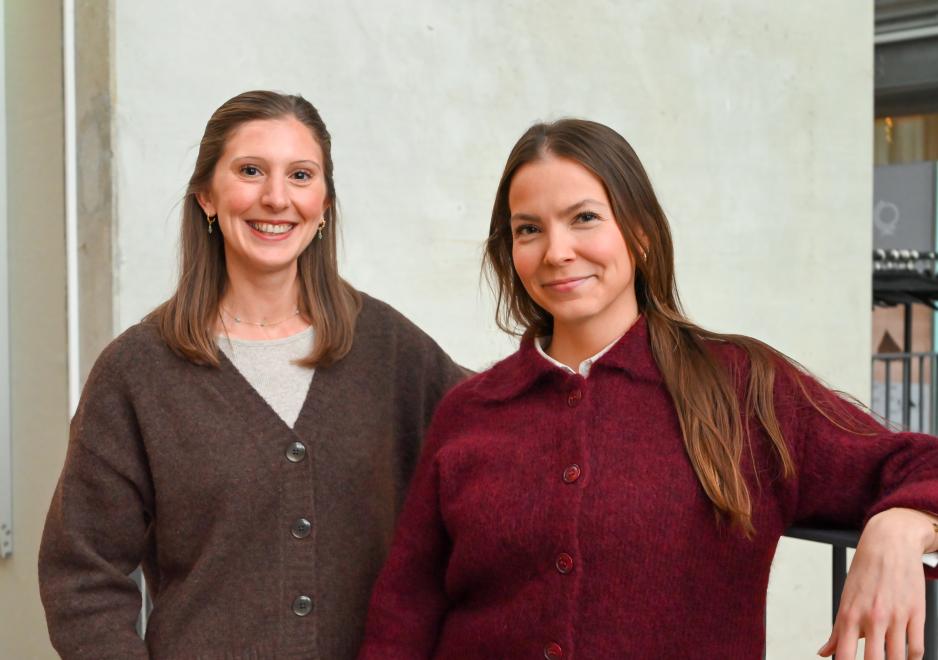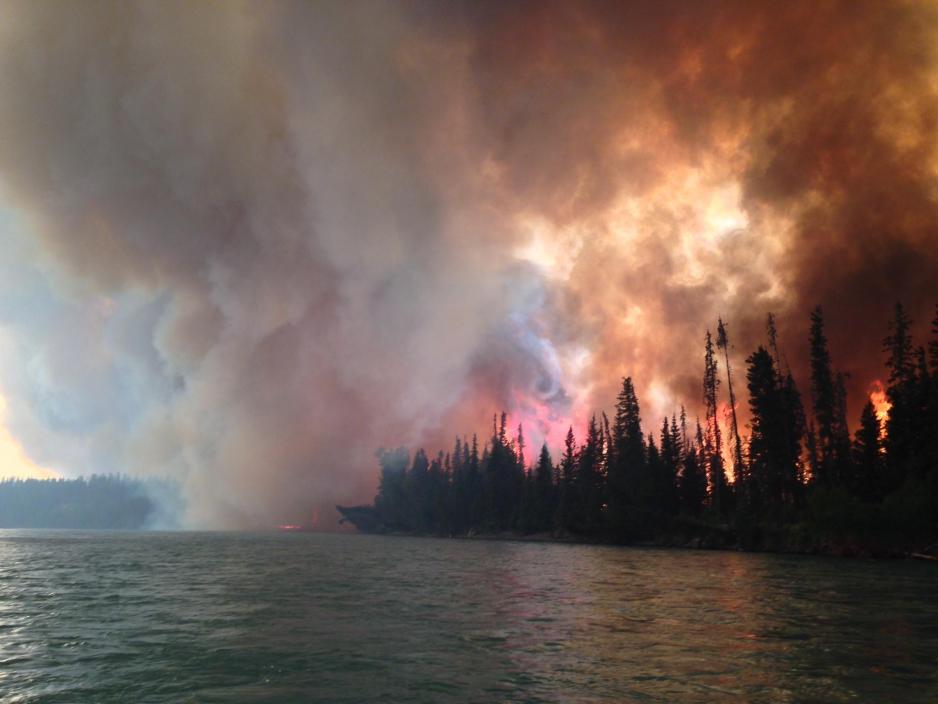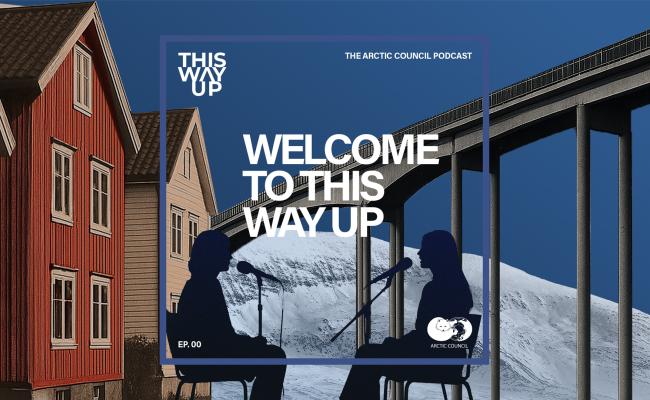The Arctic Council Launches New Podcast: “We Want to Bring the Arctic to the World”

(Photo: Minetta Westerlund / the Arctic Council Secretariat)
In the following months, High North News will publish the Arctic Council's new podcast, This Way Up. The Head of Communications for the Arctic Council, Anja Salo, says she hopes the podcast will showcase that the Arctic people have many of the answers to the region's issues.
In the coming weeks and months, High North News will share the Arctic Council's new podcast, This Way Up.
Throughout six episodes, the podcast's hosts, Jessica Cook of the Arctic Council Secretariat and Rosa-Máren Magga of the Indigenous Peoples’ Secretariat, will guide you through topics that are important to the Council.
Through the art of storytelling and narrative, the listeners will learn more about the Arctic in terms of science, personal stories, and Indigenous knowledge.
"We want to bring the Arctic to the world and showcase the resilience of its people," says the Arctic Council's Head of Communications, Anja Salo.
"We would like to show that the Arctic people have many of the answers to the region's issues. You just have to listen to find out."
Collaboration with High North News
In a collaboration with High North News, all episodes of the podcast will be shared on our website and will be available on all podcast platforms in order to reach a wide audience.
"We are delighted that High North News has decided to help spread the podcast to its broad regional audience," says Salo, and continues:
"We share the same passion for the Arctic and the High North and the developments in the Arctic."
She says the Council believes it will be a perfect fit as HNN's readers are interested in the same topics that they are.
"The core audience for the podcast is people living in the Arctic and people interested in the Arctic, which naturally includes HNN's readership."

This Way Up is hosted by Jessica Cook of the Arctic Council Secretariat (to the left) and Rosa-Máren Magga of the Indigenous Peoples’ Secretariat. (Photo: Minetta Westerlund / Arctic Council Secretariat)
Relevant and timely
The podcast is a co-production between the Indigenous Peoples Secretariat, the Arctic Council Secretariat, and the Permanent Participants.
Host Rosa-Máren Magga says the cooperation and co-production has been a meaningful and inspiring one.
"Mirroring the spirit of the Council itself — where Indigenous Permanent Participant organizations are part of the work at every level. I think this podcast depicts and reflects the realities in the Arctic, as the topics and stories are brought and shared by people from the Arctic," she says.
Host Jessica Cook says they have identified some important issues that the Arctic Council is working on and that they want to highlight.
"The six podcast episodes center around these topics: wildfires, advocating for the Arctic, food security, solid waste management, and cruise tourism, in addition to an introduction to the Arctic Council," she explains.
Case studies
Salo says one of the aims of the podcast is to be very case-centered and relevant for its listeners, in addition to showcasing Arctic know-how. The episodes always include scientists and Indigenous knowledge-holders.
"We thought it important to provide the listeners with case studies from the Arctic and real stories that people can relate to. It is relevant for people living in the Arctic. All the episodes start locally, before zooming out and introducing the listeners to the circumpolar perspective," says Salo, adding:
"The podcast demonstrates how the Arctic people adapt to challenges and presents some best practices that can be inspirational for other Arctic communities."
"It comes from a place of storytelling, and it puts the people of the Arctic first and at the forefront," comments Cook.
The scientists are good storytellers and can translate their work into understandable language.
Magga adds that a key aspect of the podcast has also been to center Indigenous Knowledge not just as a voice, but as structured knowledge.
"It is a way of understanding the Arctic that is deeply rooted in experience, observation, and relationship with place. Indigenous Knowledge holds significant value in the Council and we wanted to make sure it's central of this production as well," she states, adding:
"It's been an honour to learn from the Indigenous knowledge-holders and experts we have gotten to interview on themes of the episodes, varying from wildland fires to food security, among others."
Hope in cooperation
A throughline of the podcast is hope. Cook says that one of the episodes that made a particular impression on her was the one on wildfires.
"When we were speaking to the different people who are impacted by wildfires, we found a lot of hope. I found a lot of hope where it wasn't immediately obvious. A lot of people are working toward innovative solutions in regards to wildfires in the Arctic that are based on traditional practices that Indigenous peoples have practiced for millennia," she explains.
She says the episode is a perfect example of the importance of working together, combining new and traditional practices, which ultimately is what they wanted to do with every episode.
"The topic was initially scary and intimidating, but there is actually hope."

Access for everyone
An important part of choosing the podcast format has to do with access.
"Part of why we did the podcast is that many Arctic communities do not have easily accessible broadband and internet, and most of the Council's communication is web-based or social-media-based. The podcast is downloadable, and people can listen to it without access to the internet," notes Cook.
Making sure the episodes weren't too long was also important to ensure efficient communication. Most of the episodes have been cut and edited from a length of two hours down to about 45 minutes.
"These topics are so heavy, and there are so many layers and different views from across the Arctic," says Cook.
Translating scientific knowledge into more digestible language for non-academics has been challenging, but this type of work is exactly what they do for the Arctic Council.
"We have also chosen scientists who are good storytellers and can translate their work into understandable language," remarks Salo.
"And our roles as hosts help provide background information and to weave the stories together," adds Cook.
This is why we need platforms like the Arctic Council – there is no other place for Indigenous Peoples, states, and scientists to work together on these issues.
Showcase the Arctic Council work
Salo says that the goal is not to lecture about the Arctic Council, but rather to highlight how the work of the Arctic Council is relevant to Arctic communities.
"We have interviews with state representatives, members of the working groups, observer states, and permanent participants," she says and continues:
"The podcast is a good way to learn about what happens in the Arctic, but also how the Arctic Council works on a more overall level."
Cook adds that the podcast format shows very practically why we need the Arctic Council and why multilateralism is so important.
"It displays the importance of collaboration. This is why we need platforms like the Arctic Council - there is no other place for Indigenous Peoples, states, and scientists to work together on these issues."
On that account, find the first episode of the podcast, titled Welcome to This Way Up, which serves as an introduction to the Arctic Council and its work, below:


